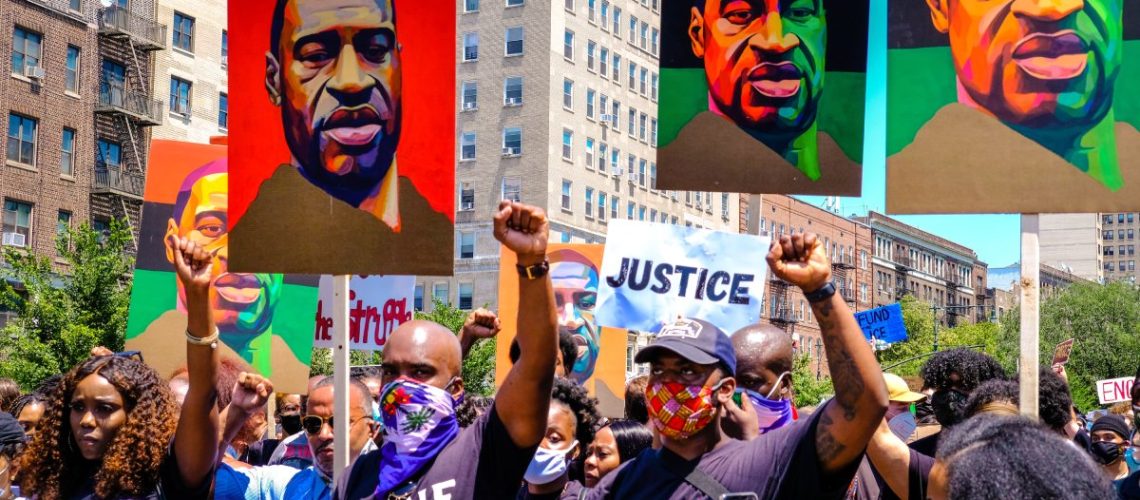You’ve heard of Juneteenth, but do you actually know what it’s all about? This celebrated day holds deep significance in the fabric of American history, representing freedom, resilience, and the ongoing fight for equality.
1. The Origin Story

Juneteenth marks the day on June 19, 1865, when Major General Gordon Granger landed in Galveston, Texas, and announced the end of slavery, over two years after the Emancipation Proclamation.
2. A Delayed Message
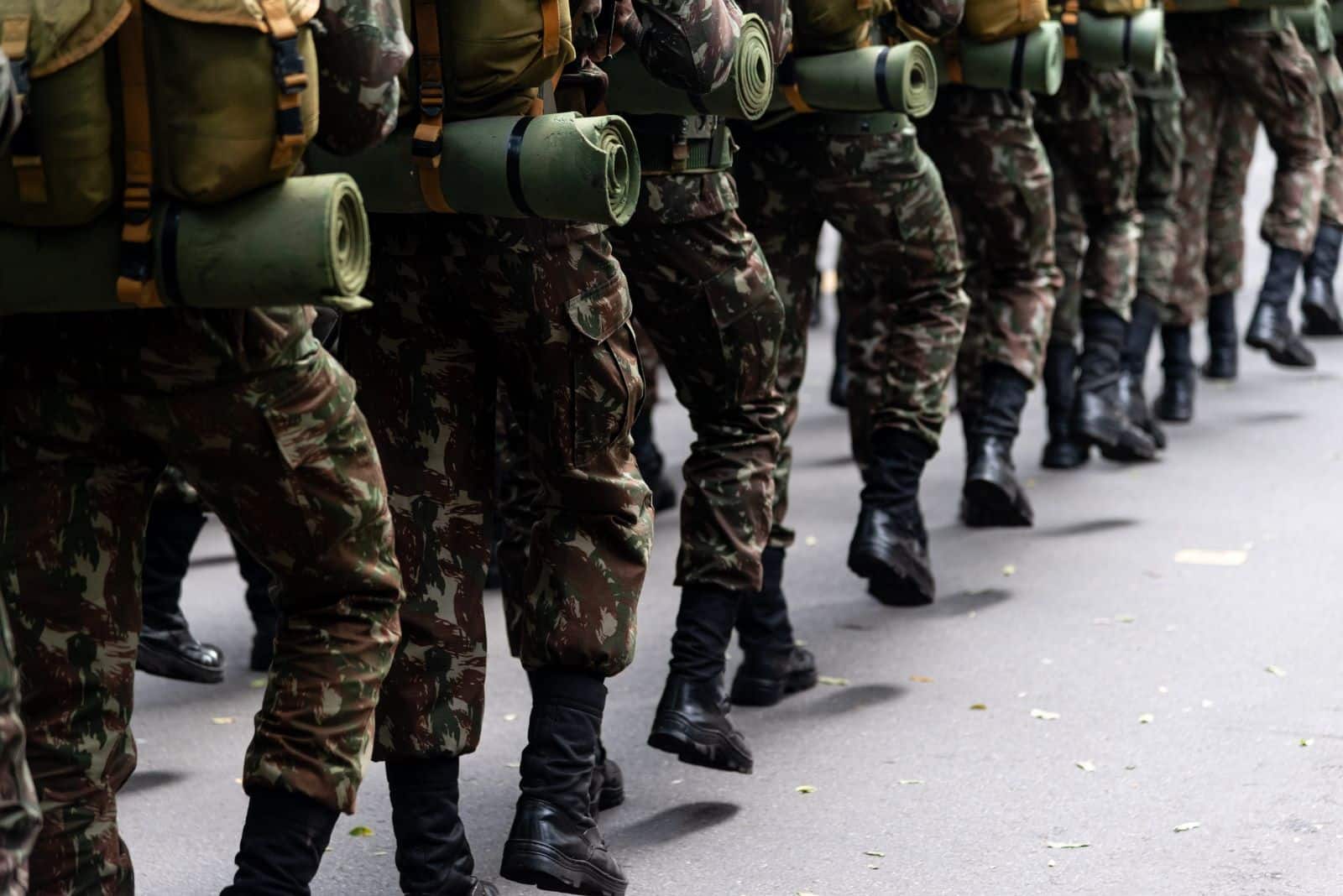
The major delay in the message of freedom reaching Texas was due to the minimal presence of Union troops in this remote Confederate state, allowing slavery to persist until Granger’s arrival.
3. Official Recognition
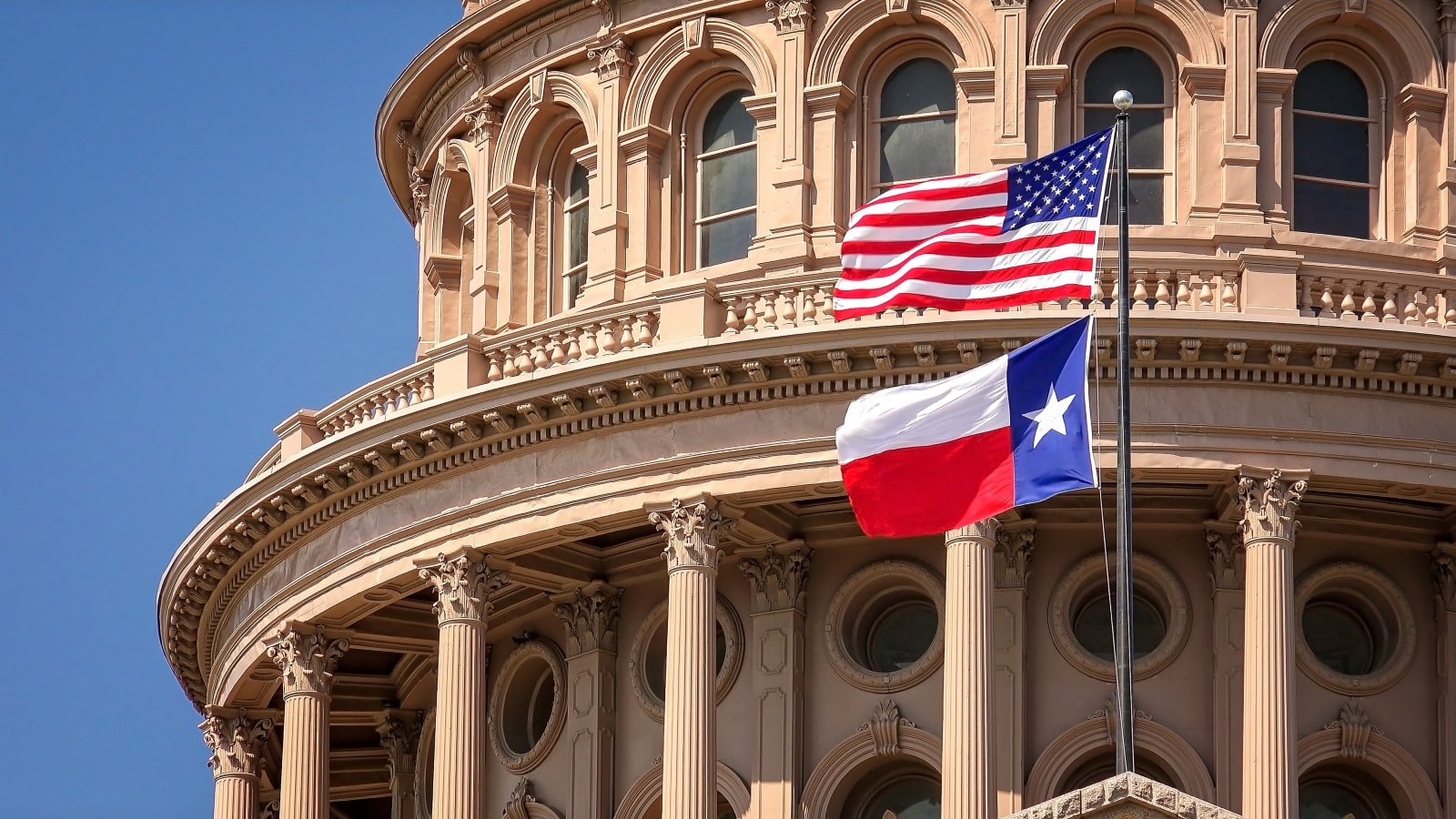
It wasn’t until 1980 that Texas declared Juneteenth an official state holiday. Texas was the first state to grant this day formal recognition, setting a precedent for others.
4. National Significance
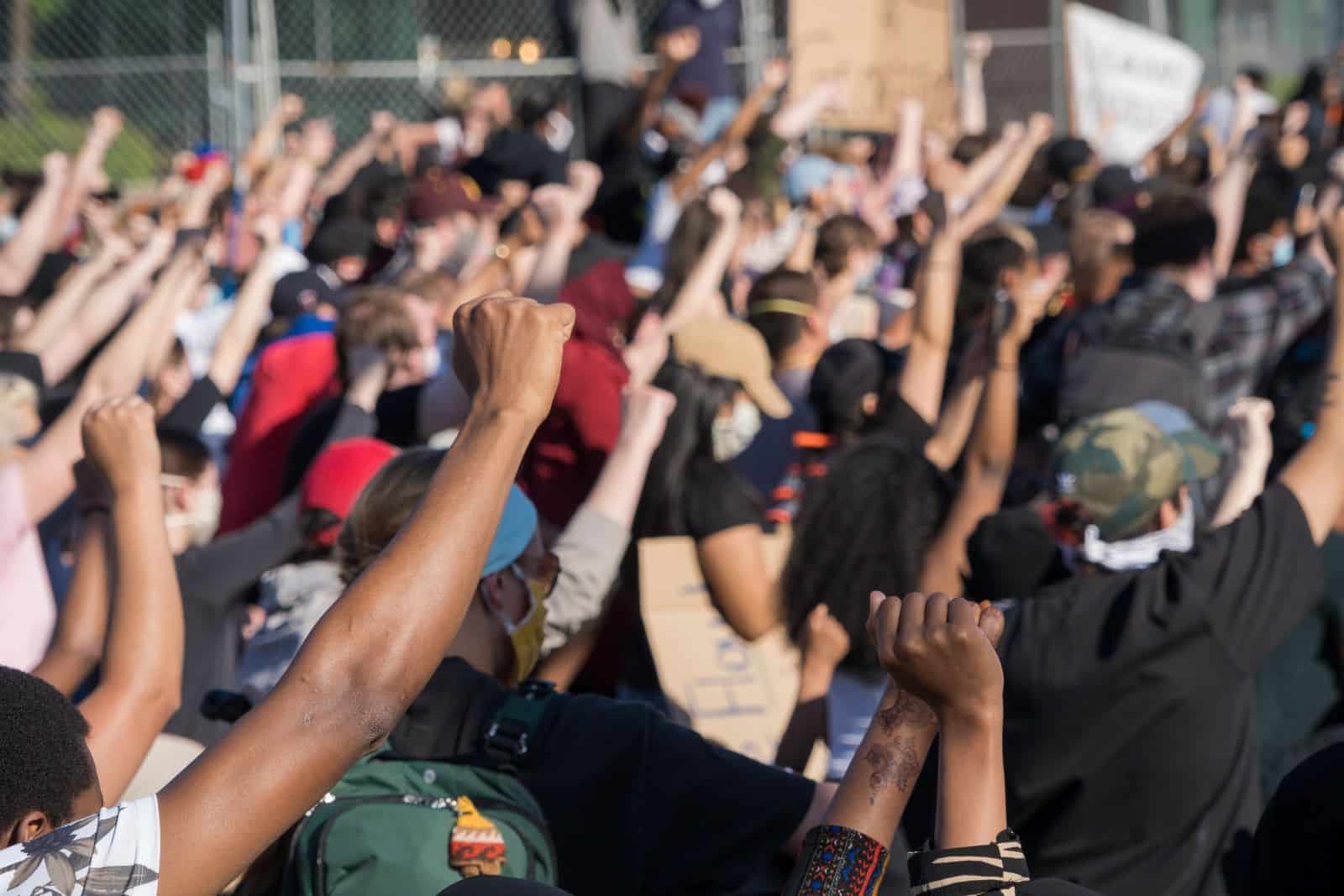
Juneteenth became a federal holiday in the United States on June 17, 2021, when President Joe Biden signed the bill into law, following the nationwide protests in support of racial justice.
5. Symbols of Freedom
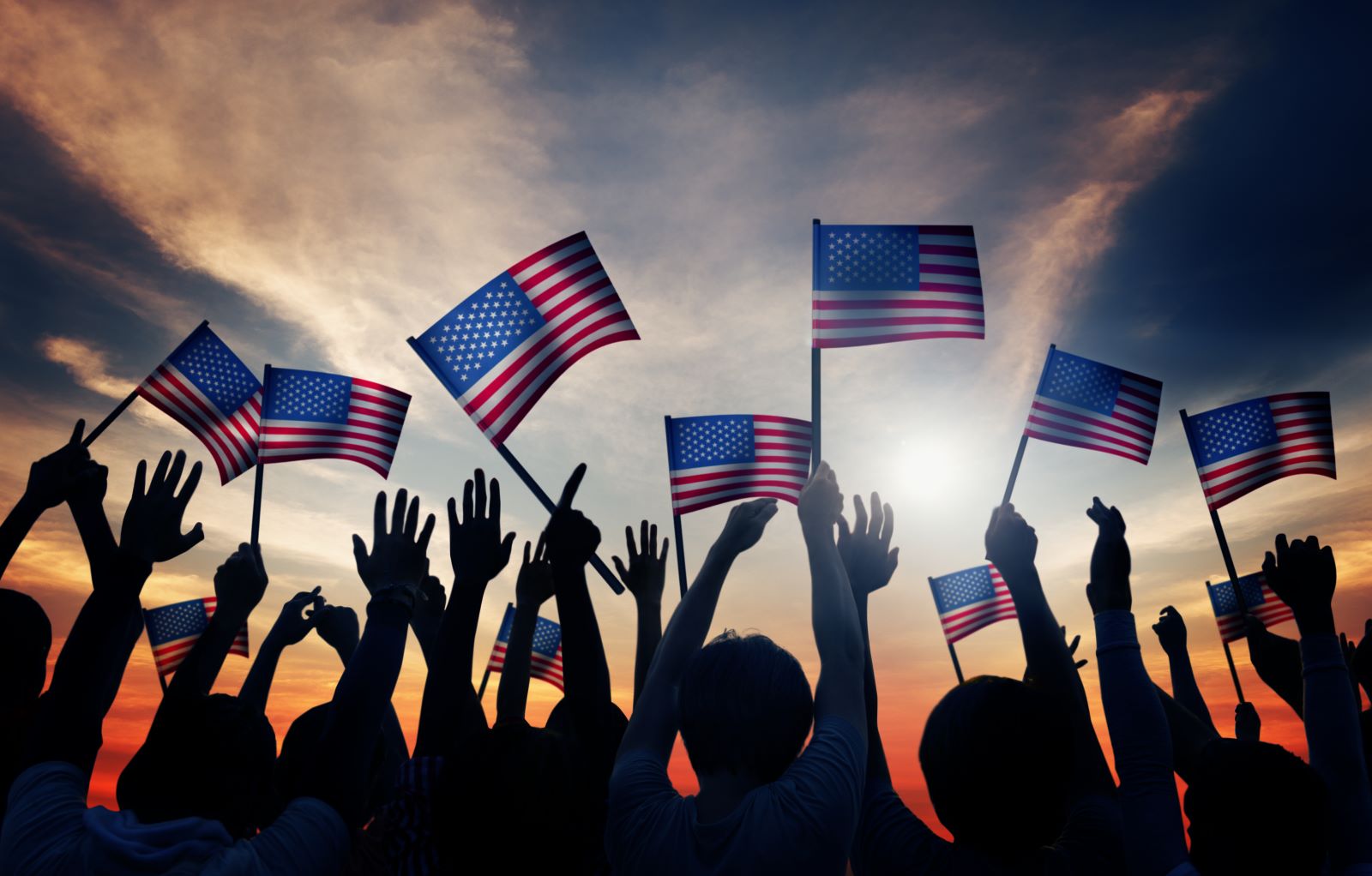
Red, white, and blue are prominent during Juneteenth celebrations, symbolizing the American flag and the freedom that it represents for all citizens, including those once enslaved.
6. The Juneteenth Flag
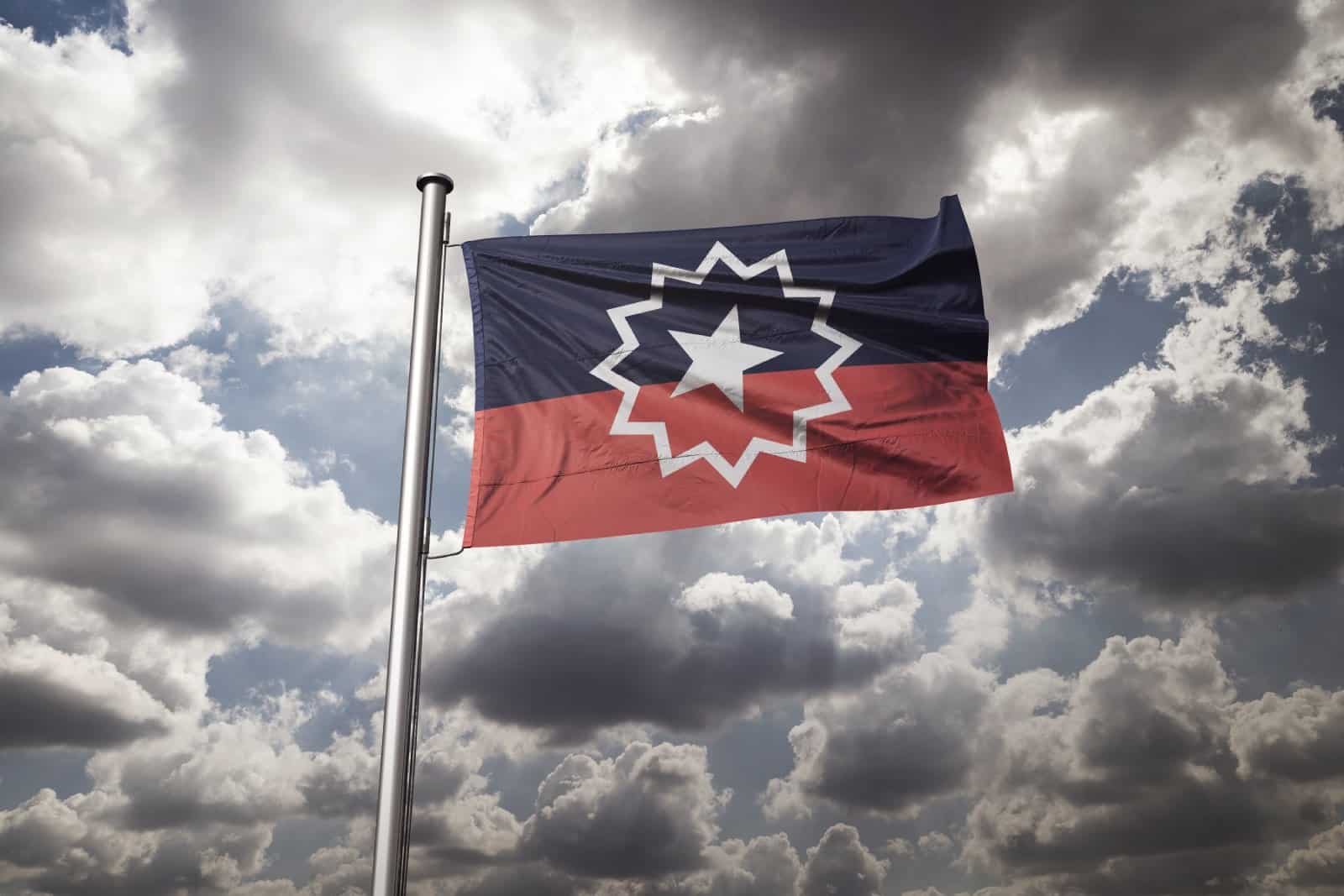
A distinct flag was designed specifically for Juneteenth. It features a bursting star in the middle on a blue and red background, symbolizing the end of slavery and the new freedom and opportunities that lay ahead for Black Americans.
7. Food Traditions

Barbecue is a central part of Juneteenth celebrations, serving as a communal food that brings people together to celebrate freedom and cultural heritage through cooking methods passed down through generations.
8. Emancipation Park
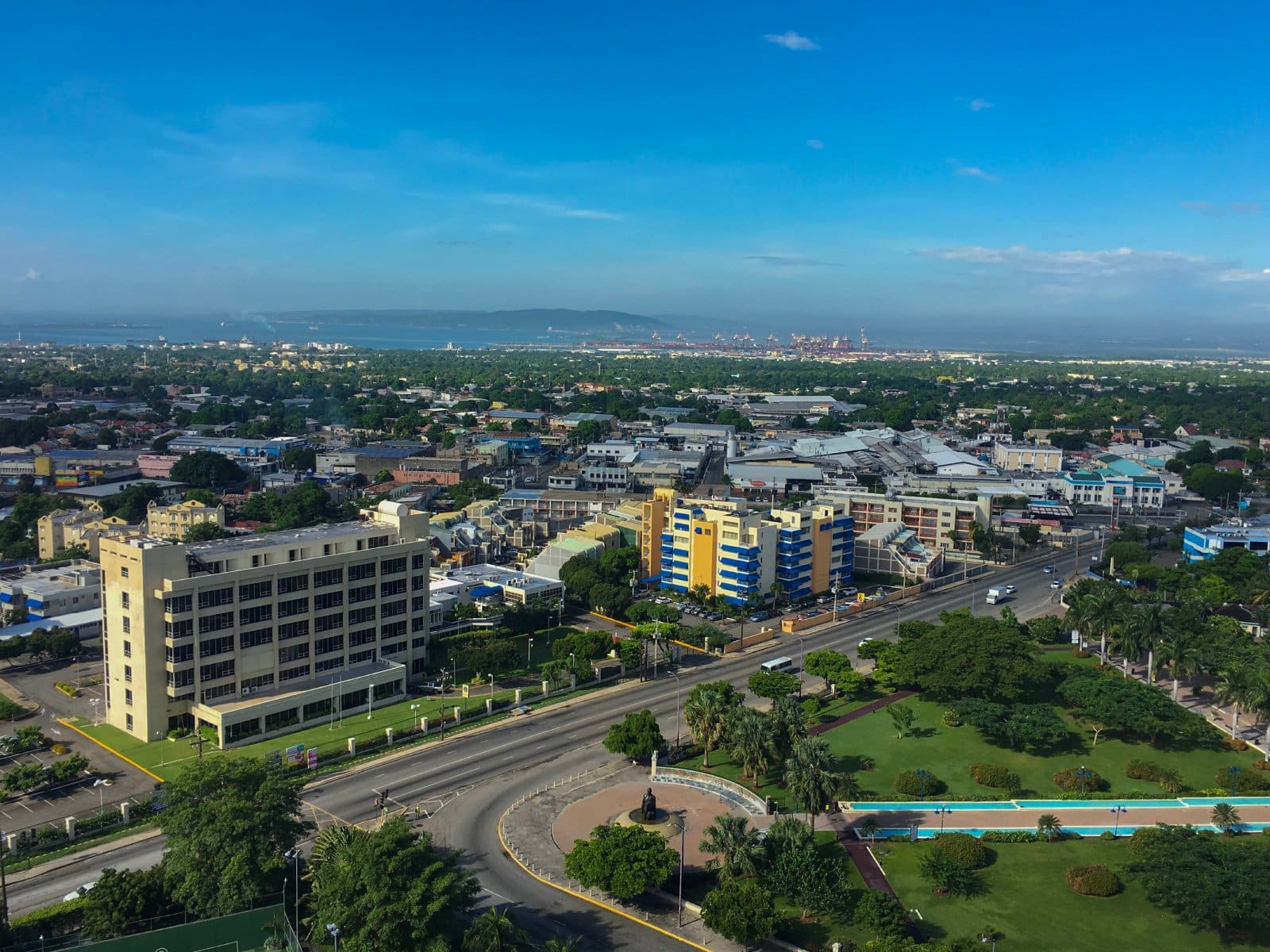
In Houston, Emancipation Park was purchased by former slaves in 1872 specifically to celebrate Juneteenth. This park remains a vibrant location for the community to gather and honor this important day.
9. Education and Awareness

Juneteenth is not just a day off; it’s a day for reflection, education, and the celebration of African American culture and history, offering an opportunity to discuss the ongoing struggle for racial equality.
10. Global Impact
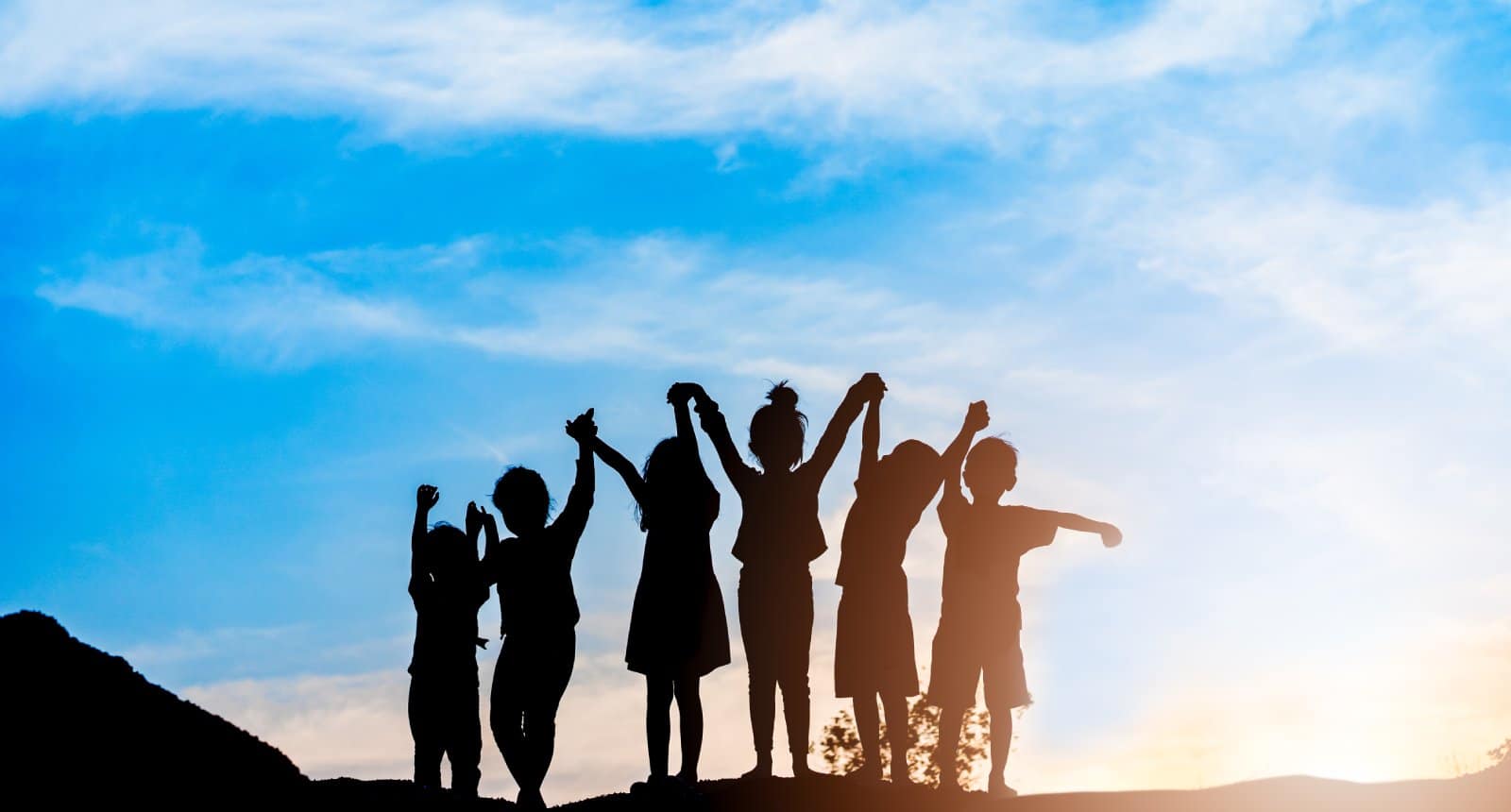
While primarily a U.S. holiday, Juneteenth is observed in various parts of the world as a symbol of freedom and the fight against oppression, showing the global impact of the day.
11. Economic Independence

The holiday also underscores the significance of economic independence and empowerment in the African American community, a crucial aspect of the celebration.
12. Musical Contributions
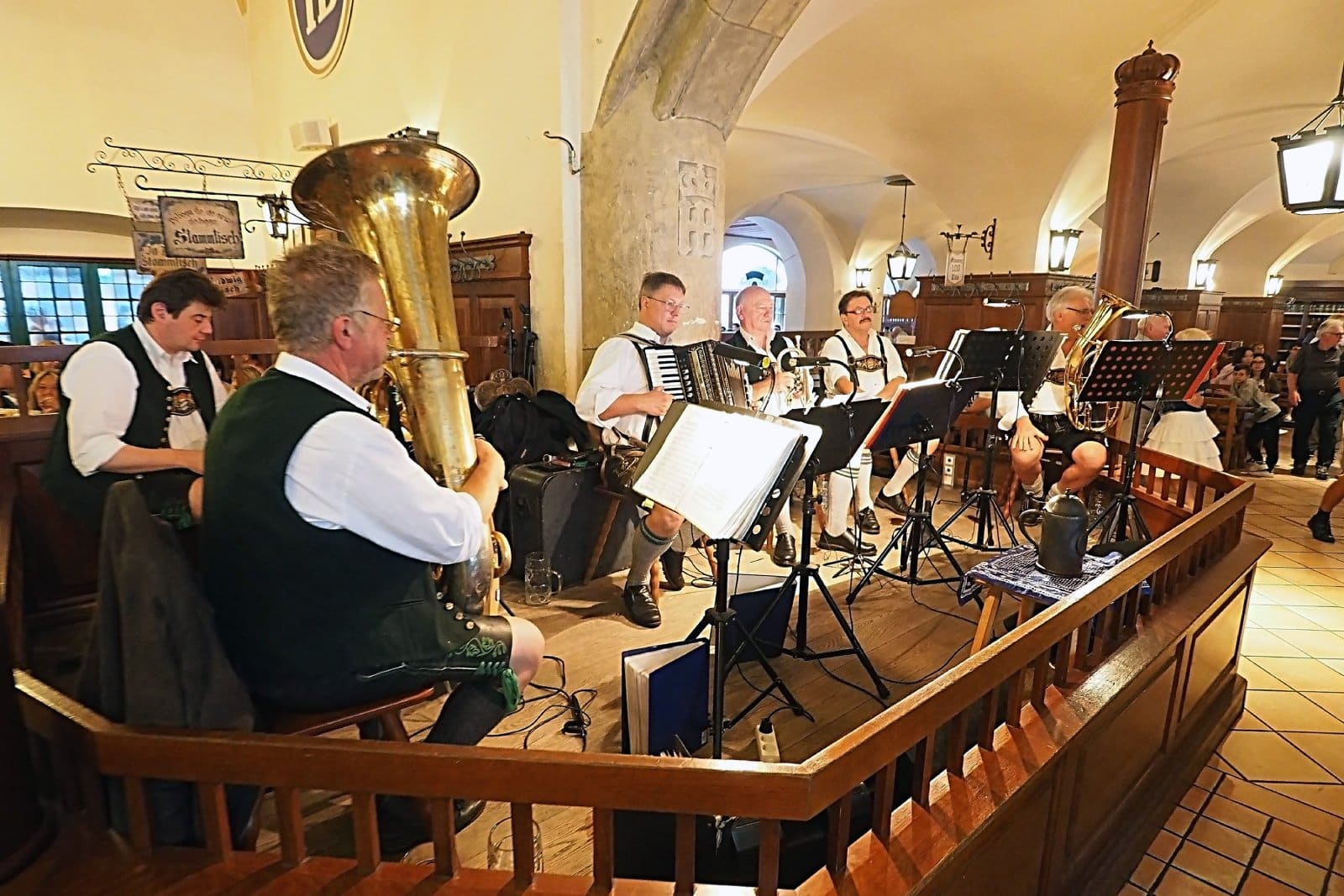
Music plays a significant role in Juneteenth celebrations, with styles ranging from gospel to blues, reflecting the historical and emotional journey of African Americans.
13. Literature and Poetry

Juneteenth is a day where many reflect through literature and poetry, exploring themes of freedom, identity, and resilience through spoken word and readings.
14. Sports and Unity

Sports events, like baseball games and rodeos, are traditional parts of Juneteenth celebrations, highlighting unity and community strength through friendly competition.
15. Role of Churches
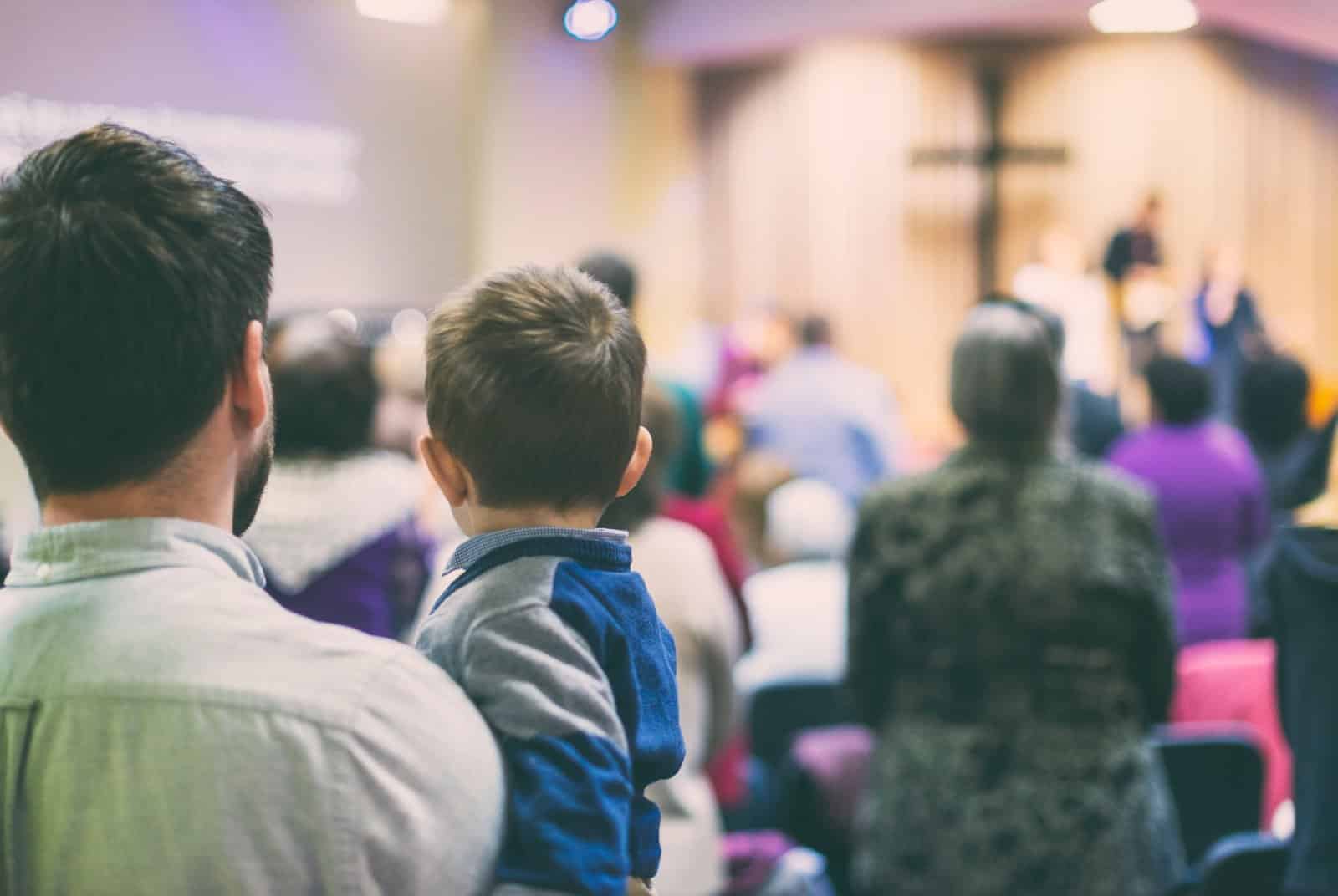
Churches play a critical role in Juneteenth observances, hosting services and events that emphasize spiritual reflection and community support.
16. Parades and Marches
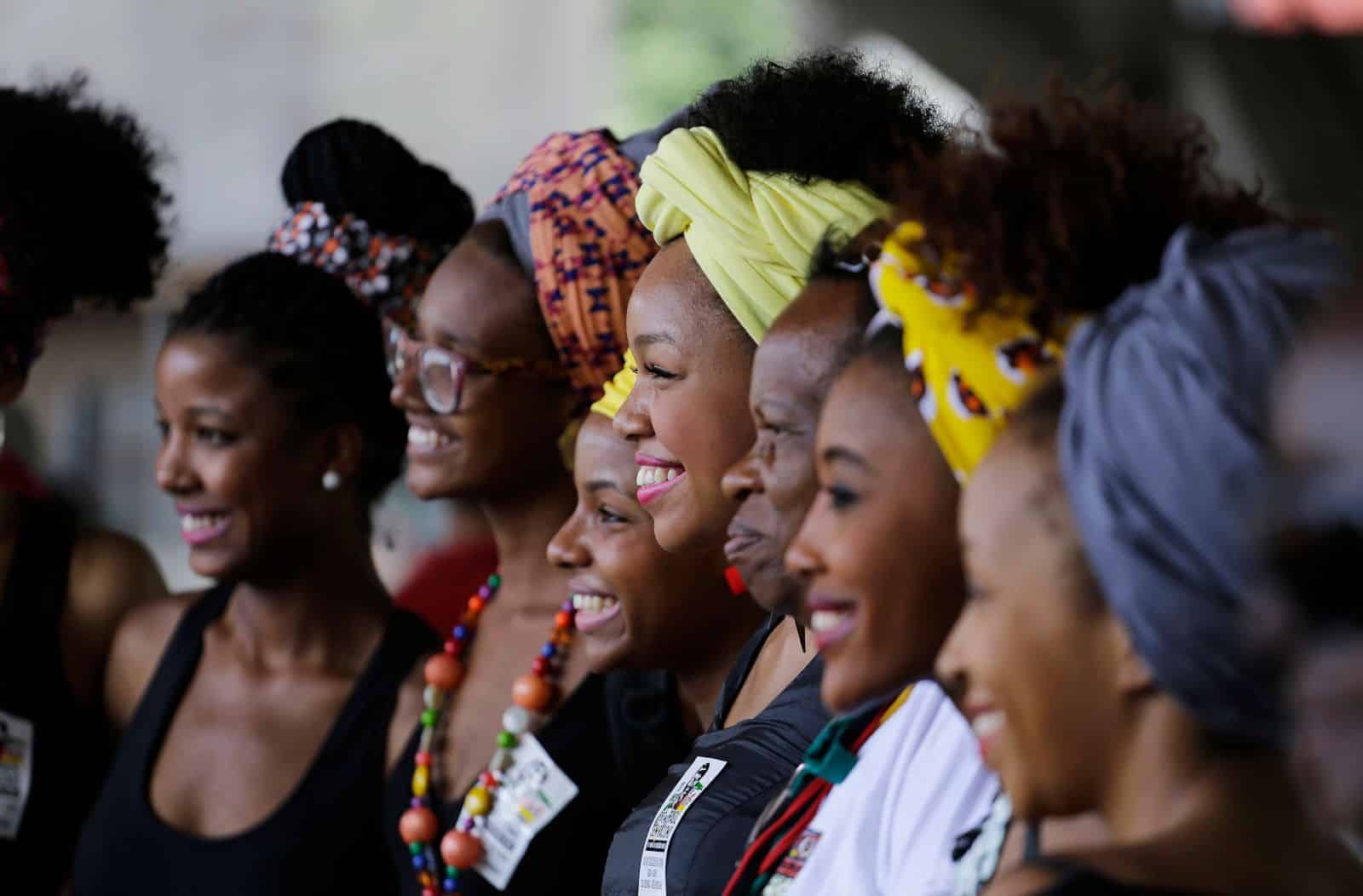
Parades and marches are widespread on Juneteenth, serving as expressions of pride, cultural heritage, and collective memory.
17. The Arts
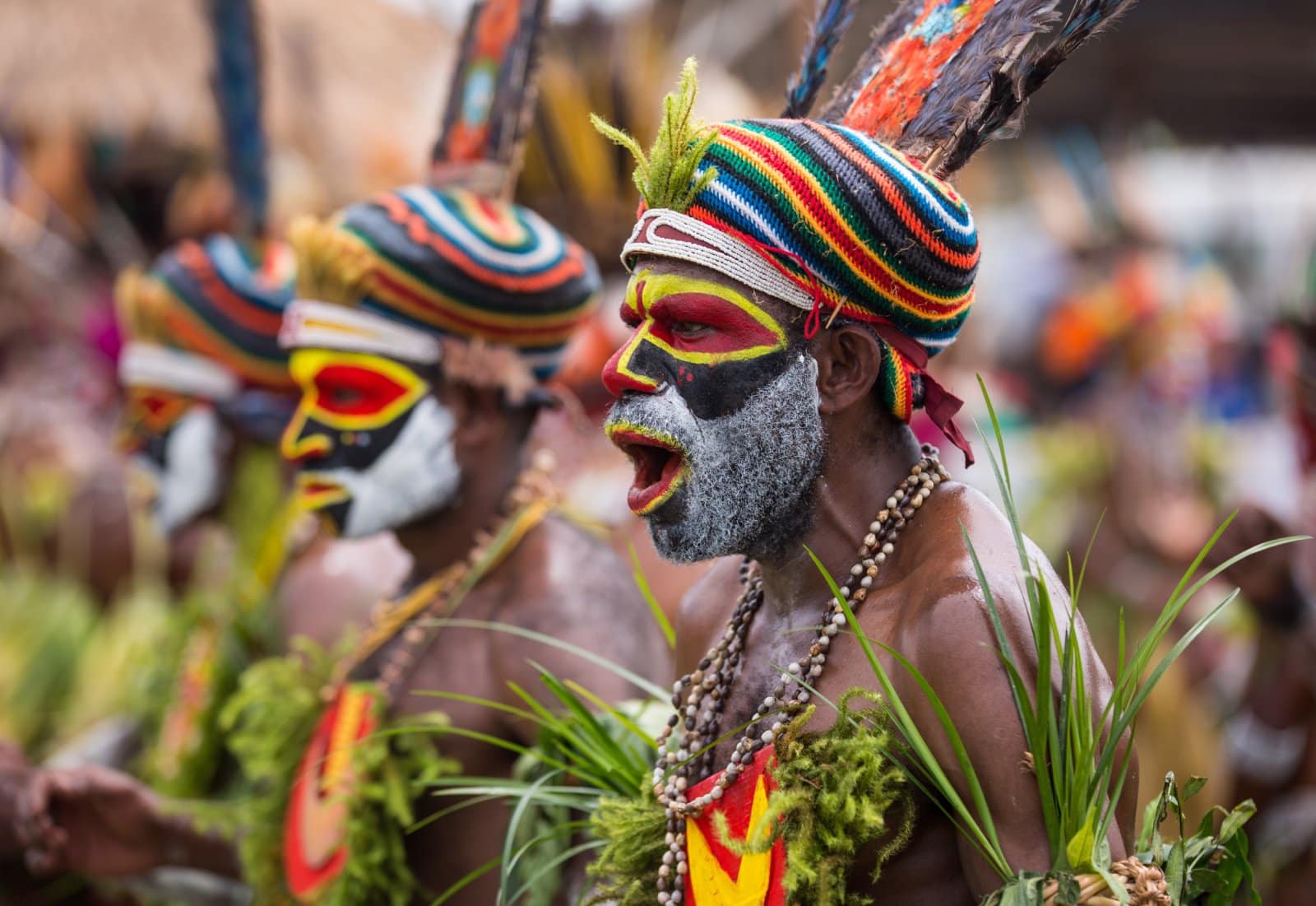
Art installations and performances during Juneteenth celebrate African American culture and history, providing spaces for reflection and expression.
18. Continuing Education

Many organizations use Juneteenth to launch initiatives aimed at educating people about Black history, civil rights, and the ongoing struggles for equality.
19. A Day of Service

Increasingly, Juneteenth is seen as a day of community service, where individuals give back to their communities, reinforcing the message of empowerment and collective progress.
Looking Forward
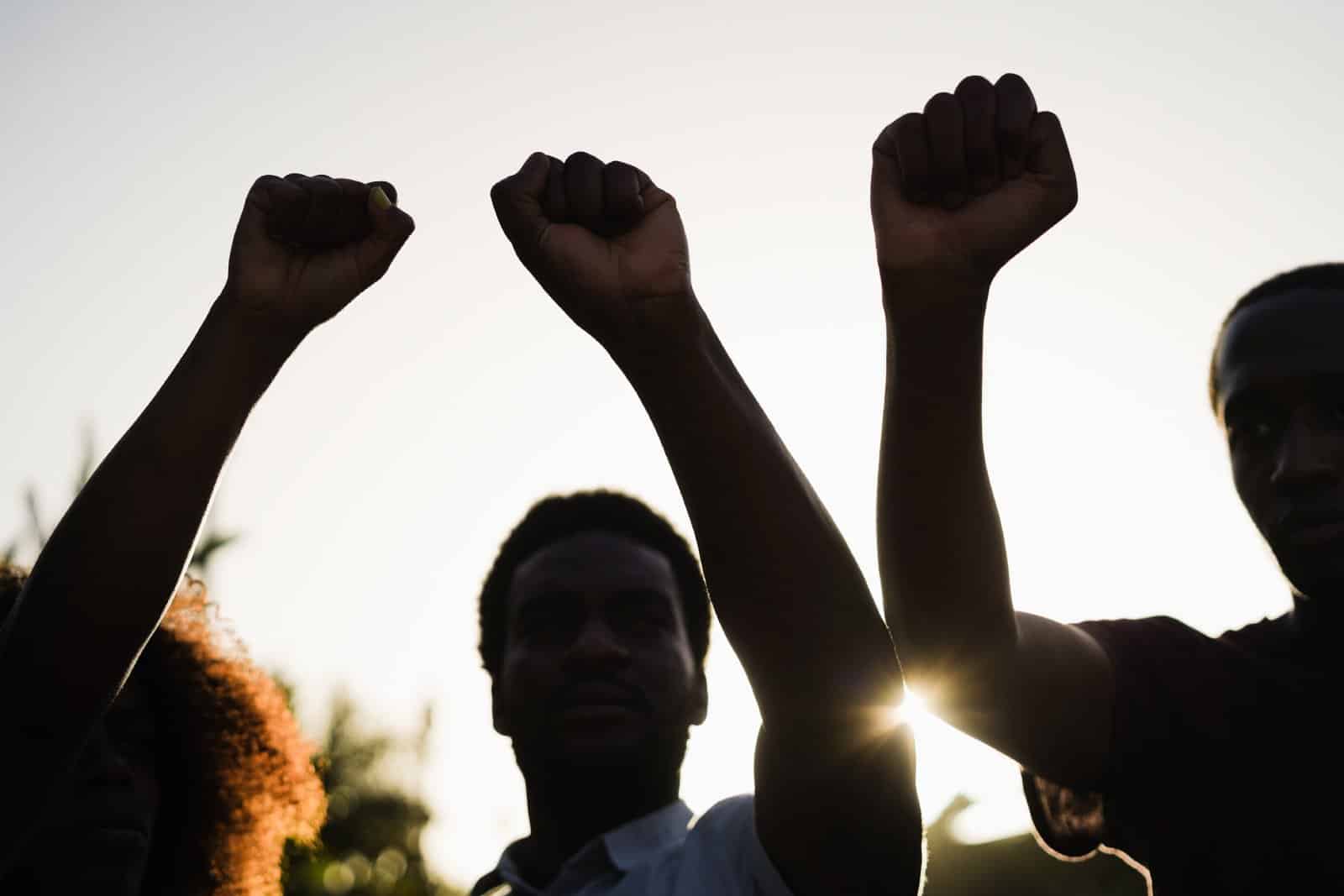
As Juneteenth continues to evolve, it remains a cornerstone in the dialogue about race, memory, and the path forward in America. Each year, it serves as a reminder not just of where we have been, but where we aspire to go as a nation.
The post Black History: Juneteenth Facts You Need to Know first appeared on Pulse of Pride.
Featured Image Credit: Shutterstock / Fiora Watts.

